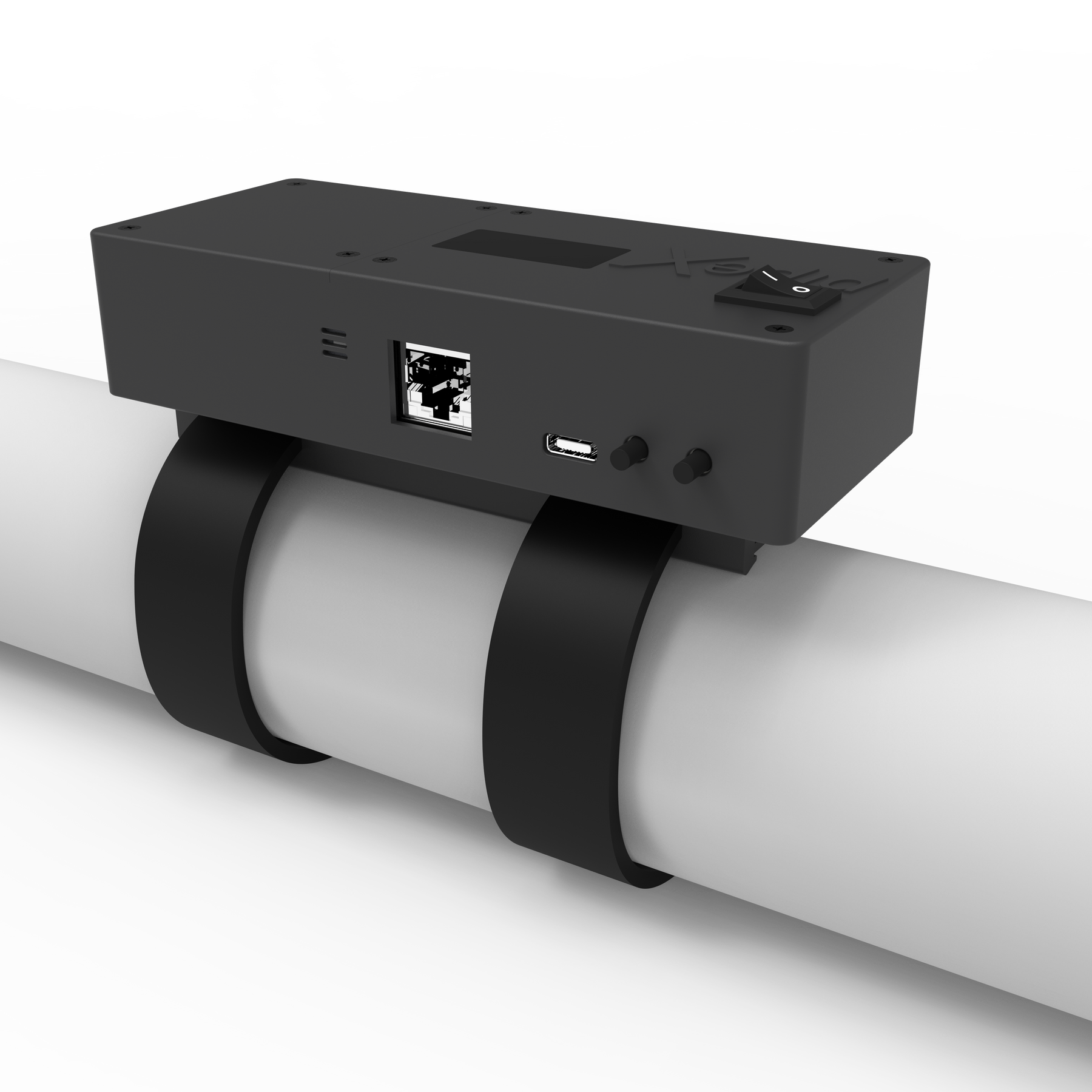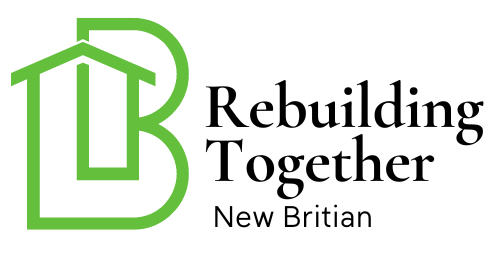Every homeowner fears water damage, as it often means costly repairs and significant inconvenience. Many times, this is due to a hidden pipe leak. Understanding the methods to find leaks in pipes can save time, money, and prevent property damage. This guide offers a comprehensive look into the different techniques, tools, and technologies available to identify hidden plumbing issues.

Why Finding a Pipe Leak Quickly Matters
Hidden leaks can cause severe damage. If left unchecked, they can weaken your home’s structure, create mold, and lead to expensive repairs. Finding and fixing these leaks promptly is critical for maintaining a safe and habitable environment.

Signs You Might Have a Leak
Several indicators signal a possible pipe leak. These include:
- Unusual water bills
- Damp or wet spots on walls or floors
- Unexpectedly low water pressure
- Mold or mildew appearance
- Sound of running water when no faucets are on
Unusual Water Bills
If your water bills are higher than normal, despite consistent usage, you might have a hidden leak. Monitor your bills to detect any significant changes.
Damp or Wet Spots
Damp or wet spots on walls or floors can signify a pipe leak. These spots are often accompanied by the growth of mold or a noticeable water smell.

Utilizing Technology for Leak Detection
Modern technology has made leak detection more straightforward and accurate. Various tools and devices can help locate leaks efficiently.
Infrared Cameras
Infrared cameras can detect temperature changes behind walls and floors. This helps to identify moist areas that may indicate a leak.
Moisture Meters
These devices measure the moisture level in materials, helping detect leaks even behind dry walls or tiles.
DIY Methods to Find Leak in Pipe
While professional help is often necessary, several DIY techniques can help identify pipe leaks. These include:
Check Your Water Meter
Turn off all water sources and check your water meter. If the meter continues to run, a leak may exist in your system.
Food Coloring Test
Adding food coloring to your toilet tank can help detect leaks in toilets. If the color appears in the bowl without flushing, you have a leak.
Use of Soapy Water
Applying soapy water to exposed pipes and looking for bubbles can help identify small leaks.
Professional Help
For leaks that are difficult to locate or fix, seeking professional assistance is advisable. Professionals use sophisticated equipment and techniques to detect and repair leaks efficiently.
Preventive Measures
Preventing leaks is better than fixing them. Regular maintenance and inspections can help identify potential issues before they become significant problems.
Regular Inspections
Conduct regular inspections of your plumbing system, especially in older homes. Look for signs of wear and tear that may lead to leaks.
Use Quality Materials
When repairing or installing plumbing, use high-quality materials to avoid future leaks.
Conclusion
Finding leaks in pipes is crucial for maintaining the structural integrity of your home and preventing water damage. Utilizing both DIY methods and professional services, along with modern technology, can ensure efficient leak detection and repairs.
FAQs
How can I check for leaks without professional tools?
Simple methods like using food coloring or checking the water meter are effective for identifying potential leaks.
Are infrared cameras necessary for detecting leaks?
While not necessary, infrared cameras are highly effective for locating hidden leaks behind walls and under floors.
What are common signs of a pipe leak?
Common signs include unusual water bills, wet spots, mold growth, and low water pressure.
For further details on leak detection techniques, visit this resource.
Additionally, explore resources on home repairs for improving quality of life here, or check out the role of nonprofit organizations in housing here.
As an Amazon Associate, I earn from qualifying purchases.

